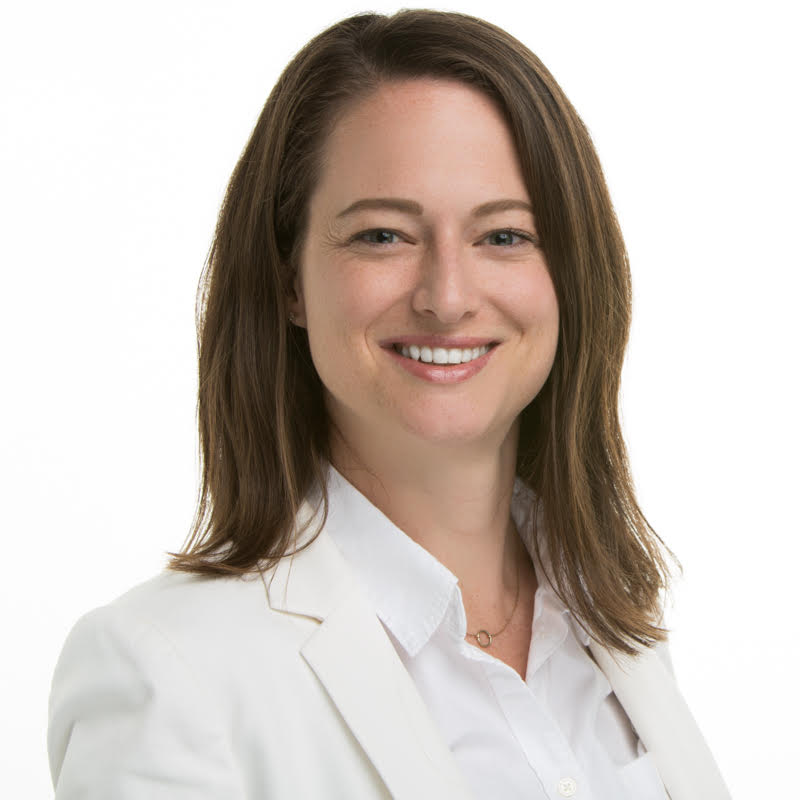Medicaid Renewal—Unwinding Medicaid Continuous Coverage
None of us will ever forget the moment the COVID-19 pandemic made it to our lives, our plans, our homes. March 2020 represents a significant date as the month when our nation declared a public health emergency (PHE). A piece of the PHE included Medicaid continuous coverage, which prevented states from disenrolling Medicaid beneficiaries from their insurance coverage. Over the past 3 years and in part due to the recession caused by the pandemic, both the PHE and the provision for Medicaid continuous coverage have been extended numerous times; however, on March 31, 2023, Congress voted to begin unwinding the program.
From the time continuous coverage took effect, the number of insured individuals increased significantly nationwide (Census.gov, Sept 2022). It’s important and equally shocking to note that the largest population of the Medicaid/CHP+ enrollment growth was children under 19. Kaiser’s Permanente’s research arm, KFF, estimates that enrollment in Medicaid/CHP+ will have grown from 23.3 million to 95 million from inception of continuous coverage through March 2023 (KFF.org, June 2023). That significant investment directly correlates to large gains in decreasing the number of uninsured Americans.
As Medicaid continuous coverage comes to an end, it’s estimated that between 8 and 24 million people will lose health insurance. In Colorado, we expect that around 325,000 current enrollees will no longer qualify and be disenrolled from Medicaid (HCPF.colorado.gov). Mesa County currently has 40,000 people on Medicaid and expects that roughly twenty percent, or 8,000 of these individuals, will need to find a new source of health insurance over the course of this next year, as their renewal time frame comes due. That loss will be considered a qualifying event and allow people to enroll on Colorado’s health exchange or jump onto an employer-sponsored plan, but for those of us in the healthcare industry, this has us worried.
How do we ensure this group of individuals, children and families do not slip through the cracks? How do we ensure they actually take the time to explore the options available to them, and take action within the allowable time frame for a qualifying event? It is tricky, without a doubt; but absolutely critical. Access to high quality, affordable healthcare is an important step to a healthy lifestyle. Most importantly, it’s essential to encourage a life of prevention and keep costs down for a family if and when an event does occur.
Here are a few resources to help you as you communicate options for employees, neighbors, or patients—
- Hilltop’s Community Resource Center
The Center exists to help residents navigate situations including Medicaid renewal.
Address: 1129 Colorado Ave, Grand Junction, CO 81501
Phone: 970.243.0190
Hours: Monday through Friday 8:30 am – 5 pm
- Keep Coloradans Covered
Colorado’s Department of Health Care Policy & Financing (HCPF) has created a toolkit in English and Spanish for employers, community members, and stakeholders to help navigate these changes. It’s informative, simple, and easy to access and download. Click here to visit their campaign landing page.
Monument Health is working with Rocky Mountain Health Plans and our provider partners to develop additional tools and resources to assist practices in helping their patients understand next steps and options for on-going insurance coverage. More information will be shared in upcoming clinical committees and practice communications.
Thank you for your partnership in this. Monument Health is committed to high-quality care, cost containment, and helping people live their healthiest lives. Access to affordable health insurance is an important part of this equation and we’re committed to supporting our partners and our communities through these significant changes.
Yours in health,
Ashley Thurow
Executive Director


